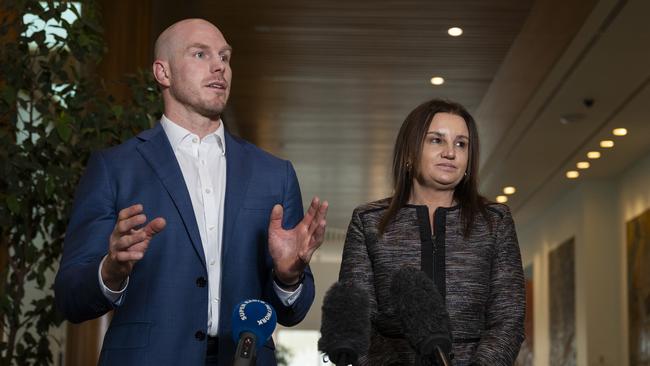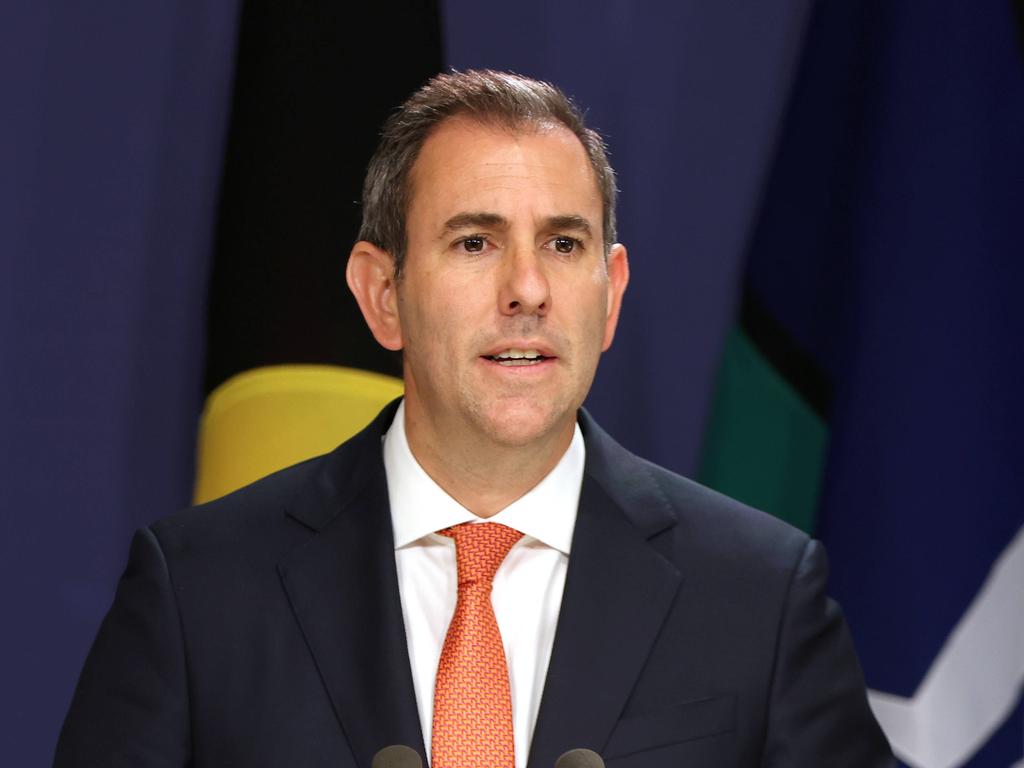ALP fights bid to divide workplace reforms bill
The government will oppose attempts to break off less contentious elements of the Closing Loopholes Bill.

Labor is staring down attempts by the Senate crossbench and the Coalition to split the government’s workplace relations bill, as employers release a survey of 2000 businesses finding two-thirds fear proposed casual employment changes will damage their operations.
After the Senate voted on Thursday to support crossbench bills carving out less contentious elements of the Closing Loopholes Bill, business groups, which have spent millions of dollars trying to defeat the entire bill, urged the government to vote in support of the split-off measures when they come before the House of Representatives next week.
But the government, which has the numbers in the lower house to block the move, signalled it would not support the crossbench bills as it wanted the broader bill passed in its entirety.
Workplace Relations Minister Tony Burke had wanted the broader bill passed this year but the plan was thwarted when crossbench senators David Pocock and Jacqui Lambie teamed up with the opposition to delay the reporting date for the Senate inquiry into the bill until next February.
The split-off elements include: the proposal to simplify workers’ compensation for first responders with post-traumatic stress disorder, including firefighters, Australian Federal Police employees and ambulance officers in the Commonwealth jurisdiction; and the expansion of the Asbestos Safety and Eradication Agency to eliminate silica-related diseases.
The Senate also backed stripping out proposals to strengthen protections against discrimination for employees subjected to family and domestic violence, and to clarify rules around small business insolvency measures.
Mr Burke said the split-off provisions were “already contained within government legislation that is currently before the house”.
“The government will continue to pursue its own legislation to protect workers and lift wages,” he said.
“It’s strange the Senate passed these provisions without waiting for its own committee to report on them – particularly given the same senators who voted for them have repeatedly stressed the sanctity of the committee process.
“What’s even more bewildering is in its very next vote the Senate voted to further delay that committee process. The government has never voted to delay any of these measures. We want them all passed as soon as possible. The government remains committed to delivering on our election promise to close the loopholes that are undermining wages.”

Australian Chamber of Commerce and Industry Andrew McKellar, who accused the government of being “pig-headed”, released a survey of 2000 members that found some companies believed they would have to downsize or close due to what they claimed would be the negative impact of the changes.
According to the survey, 64 per cent expected the casual changes to have a damaging or extremely damaging impact on their operations while 54 per cent were concerned about labour hire changes. A similar percentage was concerned about proposed union delegate powers and right-of-entry changes.
Mr McKellar said the potential for the changes to trigger a widespread scale-down of operations and job losses in food services, retail, and construction was alarming.
ACTU president Michele O’Neil said unions supported the split-off measures but they were not the only urgent parts of the bill. Ms O’Neil said big business was “colluding” with the Coalition to delay the bill, not because they wanted more time to consider it, but because they wanted more time to campaign against it and stop it.
“That’s what this is about: big business and the Liberal Party acting together to have more time to spend millions of dollars trying to stop working people get a pay rise,” she said.
Senator Pocock said the bill was a “beast” and the more consultations were held with stakeholders, the more complexity was discovered.








To join the conversation, please log in. Don't have an account? Register
Join the conversation, you are commenting as Logout